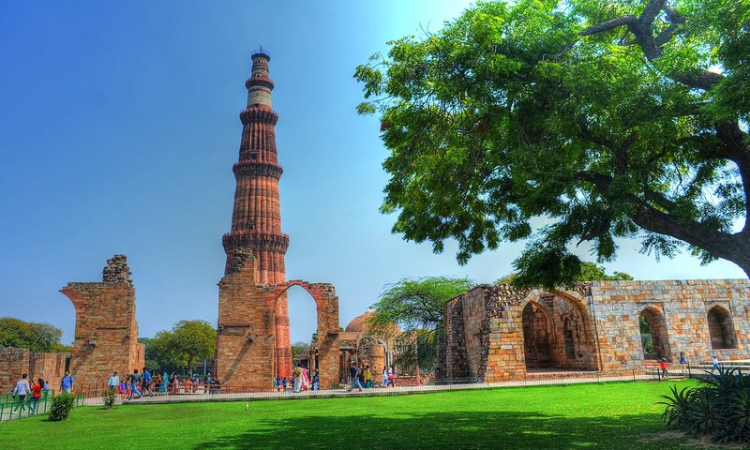A Delhi Court on Tuesday issued notice on an appeal filed against the order of a Civil Judge dismissing a civil suit filed on behalf of Jain deity Tirthankar Lord Rishabh Dev and Hindu deity Lord Vishnu alleging that the Quwwat-Ul-Islam Masjid situated within the Qutub Minar Complex in Mehrauli was built in place of a temple complex and seeking restoration of the temple complex comprising as...

